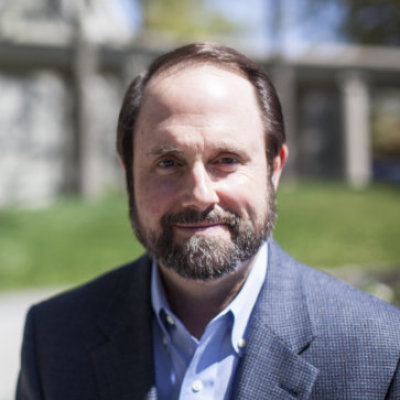How to respond when skeptics claim our faith is dangerous

Skeptics often ask what difference Christianity makes in a world like ours. If our God apparently cannot “fix” the world he made, how does faith in him change anything? Isn’t religion just the “opium of the people,” as Marx claimed?
In fact, isn’t religion not just irrelevant but dangerous to our progressive society?
Is religion dangerous?
When Christians like Karen Pence choose to follow biblical morality in ways the culture finds offensive, the outcry is deafening. Commentator Matt Walsh: “Gone are the days when leftists pretended to see religion as a thing that should be relegated to homes and churches and private schools. That very small amount of extremely limited and qualified ‘tolerance’ is gone. They will not tolerate Christianity in any forum, especially a private school” (his emphasis).
The “religion is dangerous” movement has been gathering momentum for several years. Critics such as Richard Dawkins and Sam Harris claim that religion is not just irrelevant and outdated but positively dangerous to society.
Religion flies planes into buildings and causes 9/11s, we’re told. It creates clergy abuse scandals and spends billions on buildings rather than people. It’s homophobic, racist, etc.
Of course, any group can be caricatured by blaming it for the sins of people who misrepresent and corrupt its teachings. Atheistic Communism has been responsible for 100 million deaths around the world. Are we to blame Richard Dawkins and Sam Harris for these atrocities?
When Christians were charged with cannibalism
We’ve been here before.
Early Christians were accused of being heretics since they would not worship the emperor and gods of Rome. They were charged with cannibalism for eating the “body and blood” of Jesus, with incest for loving each other as brothers and sisters, and with sorcery for performing miracles.
Apologists such as Justin Martyr, Athenagoras, and Tertullian responded by defending their faith rationally. But they emphasized as well the good lives and works of those they defended.
For instance, Athenagoras stated that Christians, though sometimes “unable to prove in words the benefits of our doctrine, by their deeds . . . exhibit the benefit arising from the possession of its truth.” Justin Martyr claimed that Christians are the empire’s “best allies in securing good order.” He noted that Christians pay taxes (Matthew 22:15-22) and submit to governing authorities (Romans 13:1-5) and even pray for the emperor as part of their worship (1 Timothy 2:1-2).
Then as now, our lives are our best defense. The culture may condemn us for obeying Scripture regarding same-sex relations, for instance, but it takes note when we work to eradicate AIDS. Skeptics try to dismiss our faith as dangerous, but they must account for the fact that Christians have contributed more to education, healthcare, the welfare and protection of children, and care for the impoverished than any other group in history.
“The victory that overcomes the world”
The more broken our world, the more relevant our faith. When you and I find positive ways to make a practical difference in the lives we influence, we sow the seed of the gospel and plant trees we may never sit under.
All the while, we should remember that “this is the victory that overcomes the world–our faith” (1 John 5:4). Our eternal victory in Christ is certain.
Saturday morning, I watched the women’s finals of the Australian Open. It was a terrific match between Petra Kvitova and Naomi Osaka. The momentum shifted back and forth. The television cameras repeatedly showed Osaka’s family, coaches, and friends reacting to the stress of the competition.
I, however, watched the match in complete calm. That’s because I was 100 percent certain that Osaka would win. And that’s because the match was over before I watched it.
Since Sydney, Australia, is seventeen hours ahead of us in Dallas, the match began at 2:30 a.m. our time. ESPN tape-delayed its coverage to later that morning. But a news prompt on my cell phone told me the results of the tournament before the television coverage began.
As a result, I watched two players compete for a prize one of them had already won.
While it is true that “for [God’s] sake we are being killed all the day long” (Romans 8:36), it is also true that “in all these things we are more than conquerors through him who loved us” (v. 37).
Let’s claim–and share–our victory today, to the glory of God.
Originally posted at denisonforum.org



























